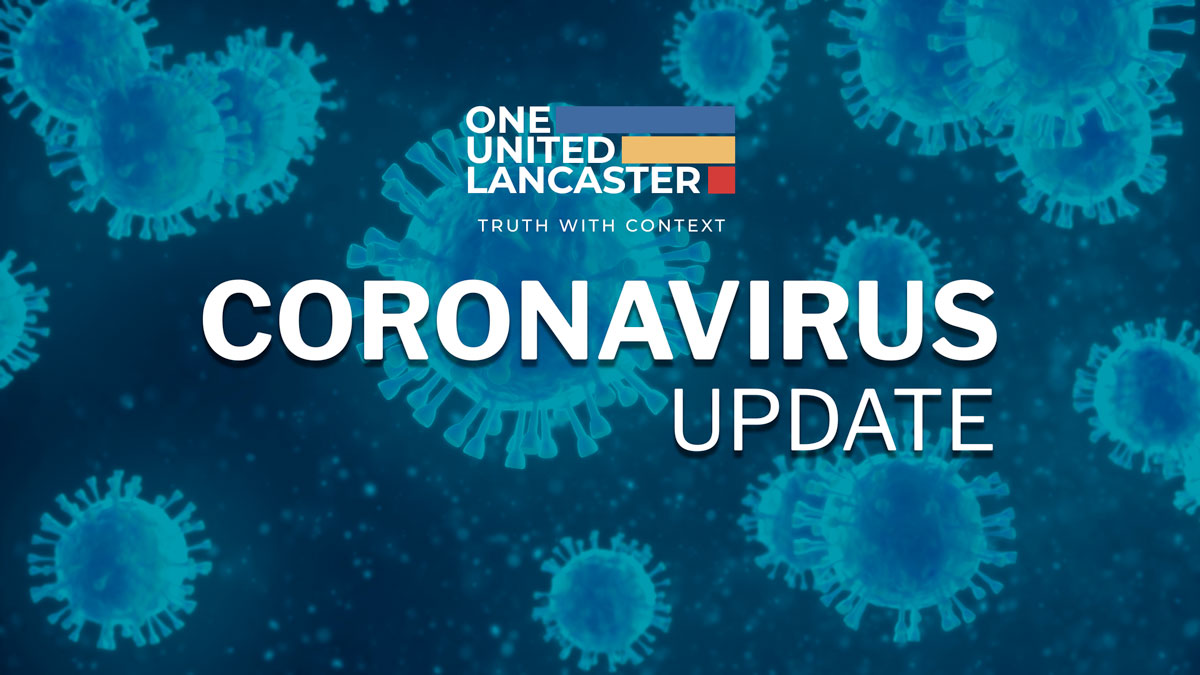
Now that the CDC has given permission to the elderly and other high-risk adults to choose whichever vaccine they want for a booster shot, it seems appropriate to review which vaccines are most effective.
While not widely reported, numerous medical organizations – at Yale University, the Mayo Clinic and the CDC itself – have published reviews that show the relative efficacy of the Pfizer, Moderna and Johnson & Johnson vaccines.
All the reviews cover different time periods and examine slightly differing impacts, but all are generally consistent.
A CDC study, published Sept. 24, reported on vaccine effectiveness among healthy adults, those without underlying conditions, between March and August.
It found vaccine effectiveness was higher for the Moderna vaccine (93%) than the Pfizer vaccine (88%) or J&J vaccine (71%).
A Yale Medicine review, published Oct. 22, provided this information:
Pfizer
• In December, after clinical trials, Pfizer said its vaccine was 95% effective.
• In April, the company had more specific data. It said its vaccine was 91.3% effective in preventing COVID-19 symptoms up to six months after full vaccination. It was 95.3% effective in preventing severe disease, according to FDA standards.
• In August, a four-month CDC study showed its effectiveness against infection dropping to 77%.
Moderna
• In December, Moderna, like Pfizer, said its vaccine was 95% effective.
• In April, the company said its vaccine was 90% effective against infection and 95% effective against severe disease, again close to Pfizer.
• In August, the four-month CDC study showed the Moderna vaccine remained steady, not dropping from its April rates of effectiveness.
Johnson & Johnson
• In February, the FDA said the J&J vaccine was 72% effective in preventing symptoms and 86% effective in preventing moderate or severe disease.
• Because this vaccine was developed later than the other two, it was not included in the CDC four-month study.
A Mayo Clinic report in September showed a similar pattern in effectiveness:
Pfizer
• 91% effective in preventing COVID-19 symptoms in people age 16 and over.
• 89% effective in preventing symptoms in people with other health conditions, like diabetes or obesity.
Moderna
• 94% effective in preventing COVID-19 symptoms.
• 90% effective in preventing symptoms in people with other health conditions, like diabetes or obesity.
Johnson & Johnson
• 66% effective in preventing COVID-19 symptoms.
• 85% effective in previous severe COVID-19 illness.
One other study, published in The New England Journal of Medicine in September, found the Moderna vaccine 96.3% effective in preventing COVID-19 symptoms among 4,900 health care workers. Pfizer was 88.8% effective in the study, which surveyed 33 facilities in 25 states between late December 2020 and mid-May 2021.
Higher dosage
The consistently higher efficacy of the Moderna vaccine appears to correlate with its higher dosage level.
The first and second Moderna inoculations provide 100 micrograms of mRNA vaccine each. The Pfizer dosage level is 30 micrograms.
For booster shots, the CDC and FDA have approved 50 micrograms of Moderna vaccine and 30 micrograms of the Pfizer vaccine.
The “half dose” of Moderna booster vaccine (50 mcg) is still larger than the Pfizer booster (mcg). But half doses of Moderna allow double the number of its boosters here and internationally.





